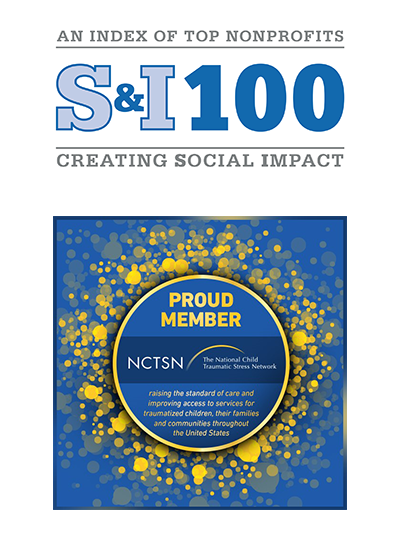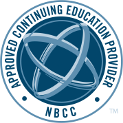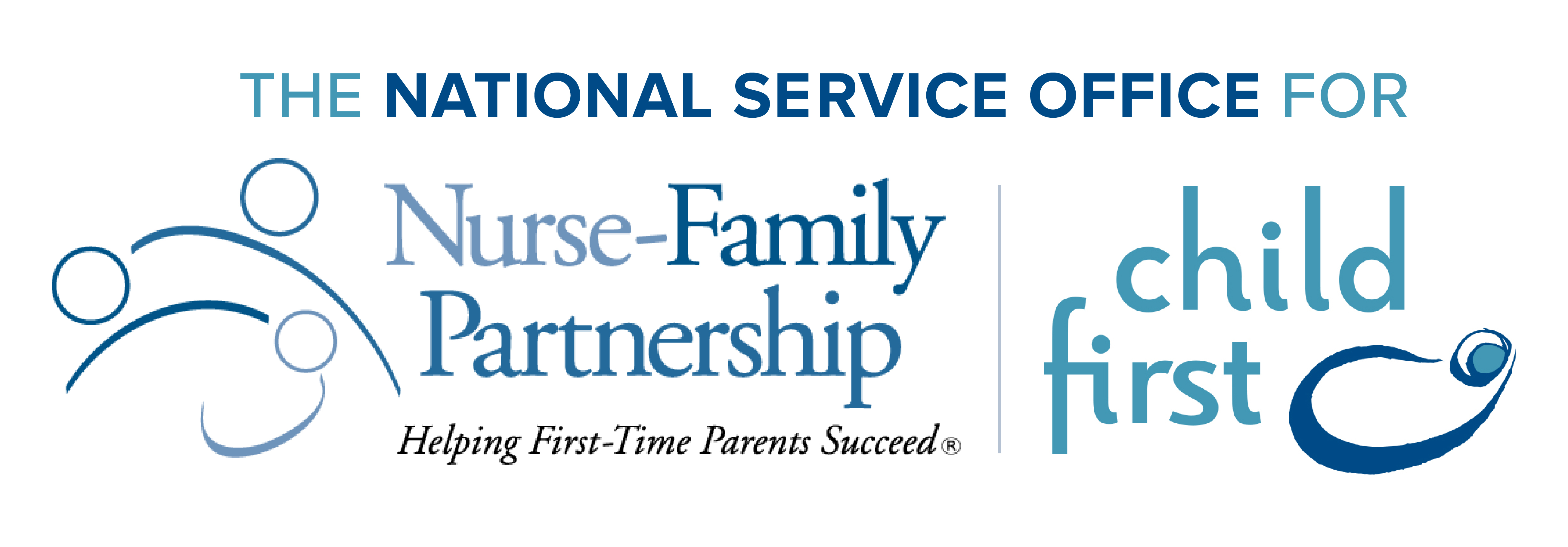A Message from Our CEO
This is an unprecedented time in our nation and in the world. The stress and hardships that are being experienced are especially overwhelming to those families who were already trying to cope with multiple challenges, including poverty, mental health problems, interpersonal violence, substance abuse, food insecurity, lack of health care, and unstable housing. It is clear that the support and services that we at Child First can offer to the most vulnerable young children and families are needed now more than ever.
How Child First Supports Our Families & Affiliate Agencies
Child First’s current policies and practice have been adapted to support Child First staff at all levels so that they can provide the best possible services to our families. Here are the 10 major areas in which we have significant activity:
Support for our Child First families:
-
Referrals: New referrals are being accepted by Child First affiliate sites. Level of risk and needs are being assessed to prioritize intervention.
-
Telehealth: Our Child First teams of Care Coordinators and Mental Health Clinicians are now working remotely through telehealth (video-conferencing when possible, if not, by phone), contacting their families one or more times each week, depending on the unique needs of the family. Our Child First network is helping to get families remote capability – both devices and internet access. Learn more about how Child First has been using Telehealth during COVID-19
-
Education about COVID 19: Our Child First staff is continually helping our families understand the risks of coronavirus and how to use washing hands and social distancing to keep themselves and their children safe.
-
Assessing Level of Risk and Needs: Child First teams are assessing the level of risk and needs of each family (e.g., maternal depression, substance abuse, child welfare involvement, major child behavioral challenges, chronic and acute health problems, food insecurity, housing instability, job loss, etc.) so that we can best respond to their unique needs. This is being tracked within our electronic health record so that we can later understand and analyze how families’ needs and our responses relate to the outcomes that are experienced.
-
Care Coordination: Our care coordinators have expert knowledge of services within their communities, especially valuable at this critical time. Family stabilization is our first objective, researching and providing information about resources, as well as delivering to the home when urgent, given the constraints imposed by local authorities. The primary needs that are our current priorities include food, formula, diapers, cleaning supplies, telehealth and phone access, utilities, and housing stability.
-
Mental health intervention for our parents and caregivers: Our Clinicians are providing needed emotional support to our caregivers, helping them with the extreme stress that they are feeling and how to help their children feel calm and regulated and relieve their high levels of fear and anxiety. We are actively speaking with caregivers about self-care, self-regulation, and decreasing current stressors.
-
Parent-child relationship and activities: These relationships are especially critical at this time, when there is such high stress and household tension. Our teams are providing parents with resources for games and activities, helping them develop structure and routines, helping them effectively de-escalate sibling conflict, helping them sooth and calm their children, and helping them have joyful interaction with their children. We are continuing therapeutic parent-child work, when and if appropriate.
Support for our Child First affiliates and staff:
-
Resources: Child First National Program Office (NPO) is collecting, organizing, and sending resource links and documents to all of our affiliates. Some of these resources are posted on our website. Needed information can also be accessed by emailing or calling the NPO.
-
Communication and Support: The NPO is supporting all of affiliate sites with at least weekly communications to both Supervisors and teams (through our Distance Learning platform) and to the agency senior leadership about best and most effective clinical practice through telehealth, best strategies to provide resources to families, and available resources and supports.
- Consultation and Supervision: Our State Clinical Directors are increasing their intensive support of the staff at our Child First affiliate sites. They are working within each state to determine the best way to facilitate connection. This may include weekly Clinical Director/Supervisor meetings by Zoom to discuss risks and clinical intervention, share problem solving and resources, and provide support. It may be by providing affinity groups and email Outlook groups. Importantly, the State Clinical Directors are continuing their individual, biweekly (or more), clinical consultation with each of the Child First Clinical Supervisors at our sites, and our Clinical Supervisors are continuing their direct, weekly, reflective clinical supervision with each individual staff person, teams of Clinicians and Care Coordinators, and all staff as a group within the Child First program.
Click here to donate to the Child First COVID-19 Emergency Relief Fund
COVID-19 Resources
COVID-19 General Guidance & Public Health Information
• Centers for Disease Control and Prevention (CDC)
• World Health Organization (WHO)
Helpful Tips on Telehealth or Videoconferencing
These are resources to support your agency’s transition to tele-communication platforms.
• Child First and Teleheatlh During COVID-19
• MUSC Guide for Transitioning to Telehealth Delivery of Mental Health: Addressing Barriers during the COVID-19 Outbreak (Regan Stewart, PhD., Meg Wallace LISW-CP)
• National Consortium of Telehealth Resource Centers Through the Regional Telehealth Resource Centers you will find state-specific telehealth guidelines for COVID-19
• Telemental Health, Ethics and Implementation (Rob Reinhardt, LCMHCS, NCC)
Resources for Children and Families
In the following links from our friends at Zero to Three, Child Trends and Prevent Child Abuse America, you will find activities for children, tips on talking with children about COVID-19, tips on safety and social distancing, and tips on staying connected during the COVID-19 pandemic.
• Zero to Three Tips for Families: Coronavirus
• Child Trends Resources for Supporting Children’s Emotional Well-being during the COVID-19 Pandemic
• Prevent Child Abuse America Coronavirus Resources & Tips for Parents, Children & Others
Impact on Mental Health
We understand that this is a challenging time for everyone. Here are some free resources to help people of all ages address their stress, fear and anxiety related to COVID-19.
Children’s Coloring Books
• Caroline Conquers her Corona Fears (Camelford, K., Vaughn, K., & Dugan, E.)
• COVIBOOK: Supporting and reassuring children around the world (available in multiple languages for children under 7)
Caregivers
• NCTSN Guide to Helping Families Cope
Professionals (self-care)
• Headspace Free Meditation & Mindfulness Sessions
• 20 Questions to Help with COVID-19 Anxiety by Kathleen Smith
• Ten Percent Happier: Coronavirus Sanity Guide
Professional Development
Professional development opportunities are available to support home visitors and other early childhood professionals. Some organizations are offering free professional development during this time. Professional Certification including CEUs are available through many training programs.
Housing and Homelessness
These agencies offer national and state-level housing information and resources related to COVID-19.
• HUD COVID-19 Information & Resources
• National Low Income Housing Coalition
Economic Impact
This section offers information on how non-filers can access stimulus emergency payments
• USA TODAY: IRS Stimulus Emergency Payment Information
• IRS Website: Non-Filers Eligible for Economic Impact Payment
Resources for Substance Abuse Recovery During COVID-19
This section offers information on how individuals dealing with substance abuse recovery can continue to receive treatment and support
• Telehealth and Online Mental Health Resources for Substance Abuse Recovery








